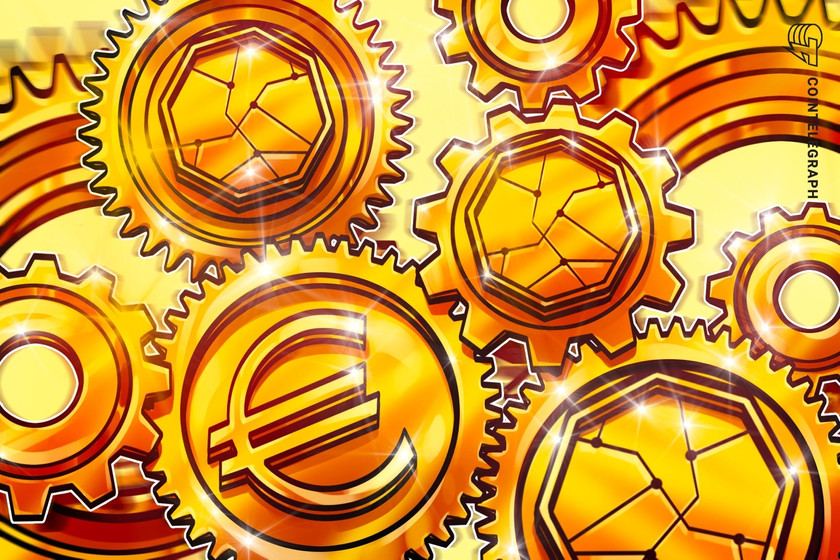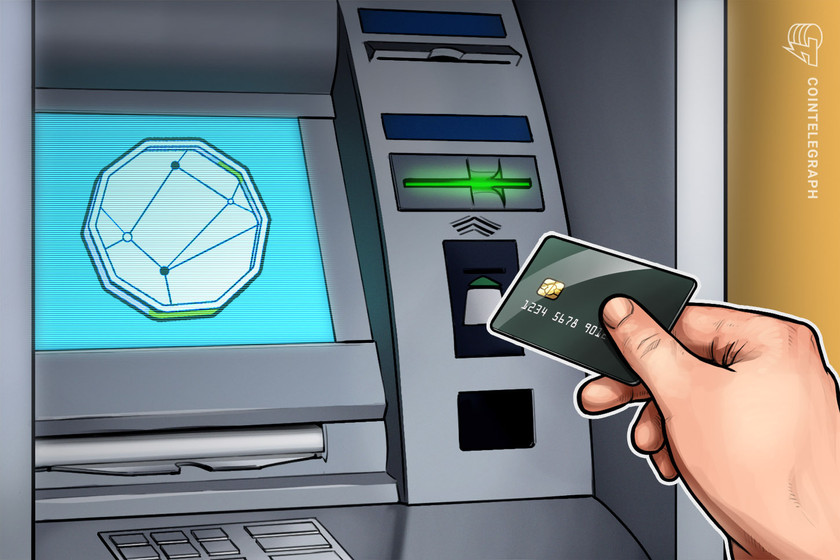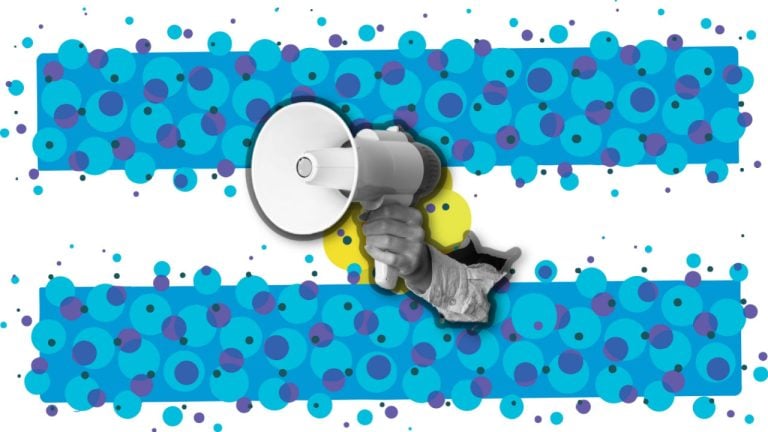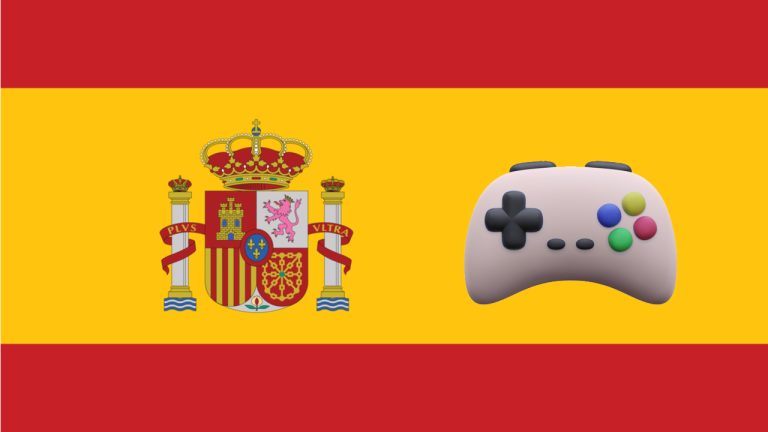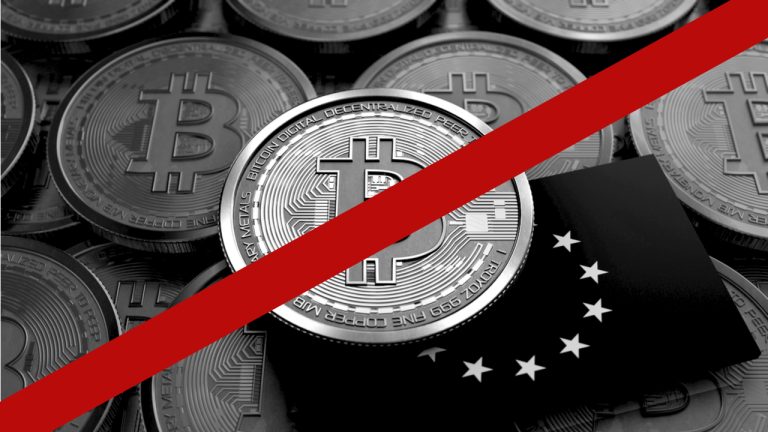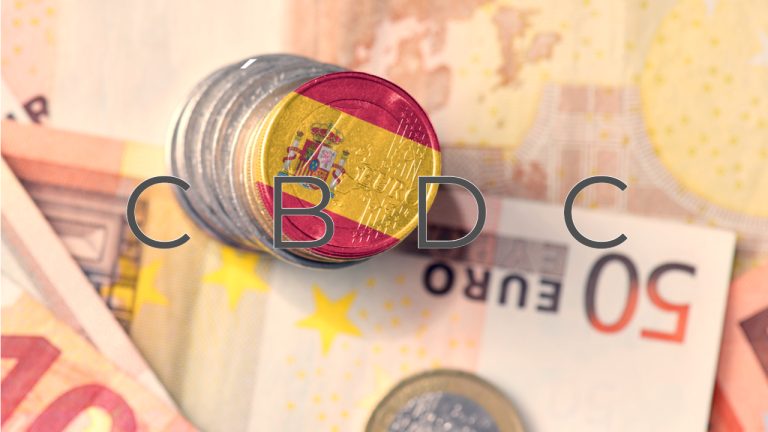
The new debit card builds on technology already in place in the existing Bit2Me crypto card, but this time, card holders are eligible for up to 9% crypto cashback.
The merger of Web2 and Web3 tools continues as crypto-backed debit cards become more mainstream.
In an announcement on Feb. 10, Bit2Me, the largest Spanish cryptocurrency exchange, revealed its new cashback debit card in partnership with Mastercard.
The original Bit2Me card works for its users via the Mastercard network that hosts millions of businesses worldwide. This new update offers users up to 9% crypto cashback for all purchases made with the card online or in-store.
Leif Ferreira, the CEO and co-founder of Bit2Me, told Cointelegraph that the use of already known Web2 financial tools like debit and credit cards comes with the hope of greater adoption of this "revolutionary" technology
"[The] goal is that any user from anywhere in the world has easy access to the limitless world of Web3 financial services, at the touch of a button."
The card and wallet support eight cryptocurrencies, including Bitcoin (BTC), Ethereum (ETH), Cardano (ADA), Ripple (XRP), Solana (SOL) and Polkadot (DOT), along with the stablecoin Tether (USDT).
The company reportedly plans to add additional currencies throughout the year. Bit2Me is currently available to users in 69 countries around the world. However, users in the European Economic Area (EEA) are only eligible to apply for the virtual version of the card.
Related: The state of crypto in Southern Europe: Malta leads the way
Bit2Me has had service expansion on its radar for some time, after its initial announcement in 2021 to offer services globally. Back in July, the exchange was quick to jump to help 100,000 blocked crypto investors onboard onto its platform after they wereshut out from the defunct local Spanish trading platform 2gether.
Meanwhile, Mastercard has also been active in offering new services and opportunities for users and clients in the Web3 space. It has chosen at least seven blockchain and crypto startups to be a part of its fintech accelerator program in the last year.
The company also partnered with Polygon to launch a Web3 musician accelerator program, focusing on the intersection of the music industry and emerging technologies.
On Jan. 31, Mastercard announced a new effort with Binance to launch their second prepaid crypto card in Latin America.


